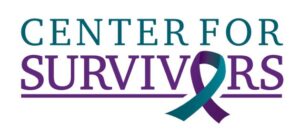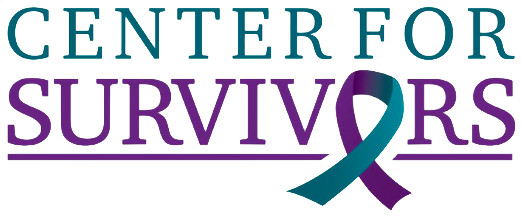Sexual Assault Is
Never The Victim’s
Fault.
Sexual assault is any sexual act done against your will, without your consent, or when you are unable to freely give consent. Sexual assault is not about sex. It is about power and control over another person. It includes rape, sexual abuse, same-sex assault, acquaintance rape, harassment, and marital rape.
1 in 3 females and 1 in 6 males have been victims of an attempted or completed rape. While anyone can be the victim of sexual assault, statistically speaking, females are victimized at a much higher rate.
Helpful Information
We are
available by phone
24 hours a day,
365 days a year.
If you are a victim of abuse and need help, contact Center for Survivors directly by phone or in person. Individuals are also referred to us for services by law enforcement, Health and Human Services, and other community service organizations. Center for Survivors advocates are available to help you with free and confidential services!

